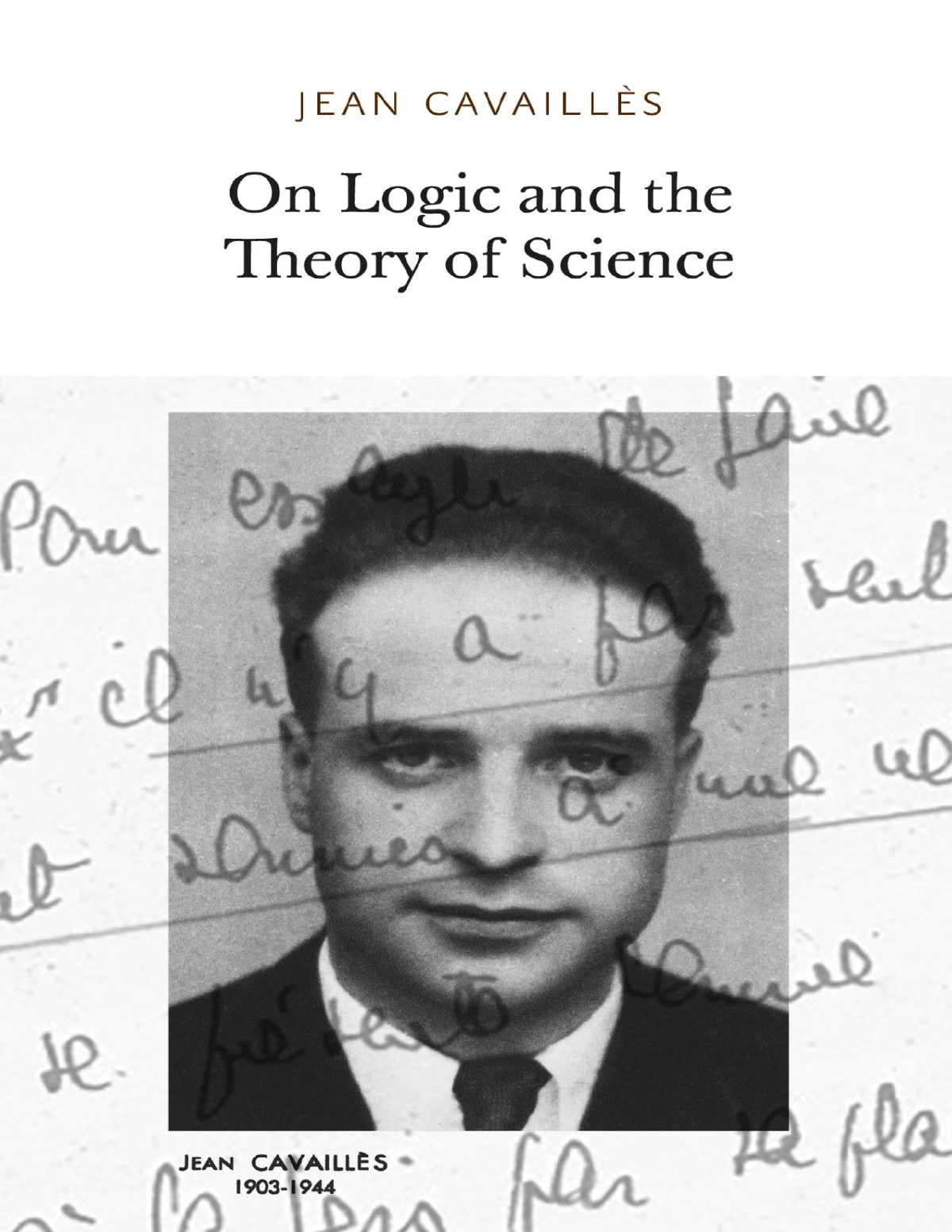

Most ebook files are in PDF format, so you can easily read them using various software such as Foxit Reader or directly on the Google Chrome browser.
Some ebook files are released by publishers in other formats such as .awz, .mobi, .epub, .fb2, etc. You may need to install specific software to read these formats on mobile/PC, such as Calibre.
Please read the tutorial at this link: https://ebookbell.com/faq
We offer FREE conversion to the popular formats you request; however, this may take some time. Therefore, right after payment, please email us, and we will try to provide the service as quickly as possible.
For some exceptional file formats or broken links (if any), please refrain from opening any disputes. Instead, email us first, and we will try to assist within a maximum of 6 hours.
EbookBell Team

4.4
12 reviewsTo reconstruct the mental space in which Cavaillès thought would require a complete study of the revolutions in logic and mathematics that shaped the first half of the twentieth century. Even so, obscurities would remain. There is something in On Logic and the Theory of Science to baffle everyone. Steeped in a philosophical formation at the crossroads of neo-Kantianism and phenomenology, Cavaillès brings to mathematics questions that are beyond the mathematician’s purview. And yet often he will make a mathematical allusion to illustrate a philosophical point, such as when he presents science as ‘a Riemannian volume, closed and yet without any exterior’.
Our strategy has been less to resolve the enigmas of Cavaillès’s writing than to preserve them in English. As for the context required even to understand them as enigmas, it is at least plausible that Cavaillès could take some mathematical culture for granted on the part of his readership.